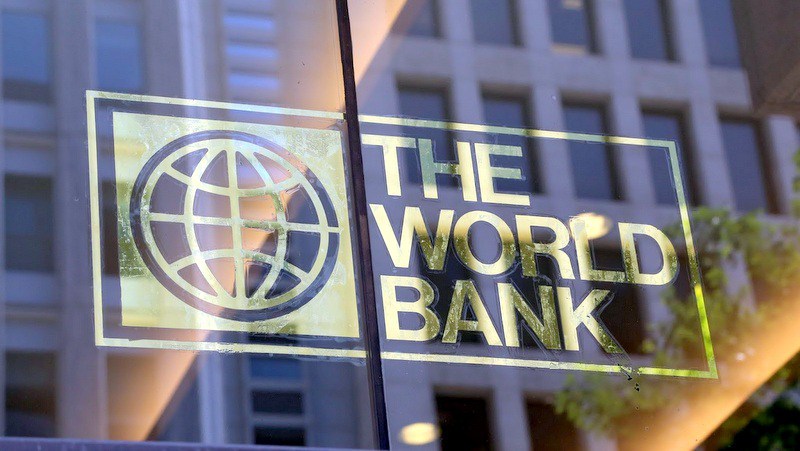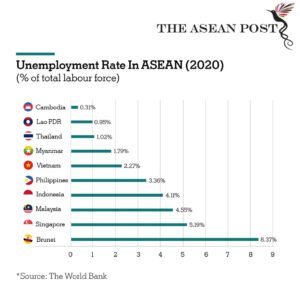World Bank: Cambodia’s growth will be 4.5% in 2022
Cambodia’s economic growth will accelerate from a forecast of 2.2 percent this year to 4.5 percent in 2022, according to the World Bank. However, it warned that renewed virus outbreaks could put the recovery at risk.
In its latest Economic Update for Cambodia the World Bank noted that manufacturing and agricultural exports have been improving but the trade deficit has widened due to rising imports, especially of gold.
The bank said tourism, construction and real estate will be slow to recover even after the government scrapped the 14-day quarantine for foreigners at the end of last month. It said tourists will be slow to return and construction and real estate will suffer from oversupply due to a building boom that was not met with matching demand due to the reduced spending power of locals and entry restrictions on potential foreign buyers.
“As we all know, Cambodia is now living with Covid-19, a very large number of the population has been vaccinated and the government began reopening the country for business, while continuing to enforce protective health measures,” said Maryam Salim, World Bank Country Manager for Cambodia. “At the World Bank, we are preparing a Performance and Learning Review that will allow us to further strengthen and align our partnership with Cambodia as the country strives to achieve a resilient recovery from the impact of the Covid-19 pandemic.”
The World Bank recommends key reforms such as more clarity on the regulations surrounding the ‘new normal’, continued government financial support for the tourism sector and the prompt introduction of regulations to implement the new investment law. It said the National Bank of Cambodia can also help the recovery by continuing to monitor asset quality and improve confidence in the banking sector.
The bank’s report contained a Special Focus section which examined the impact of the pandemic on earning and learning.
The pandemic had a negative impact on learning due to school closures, raised poverty by as much as 6 percent, and increased malnutrition levels due to food shortages, according to Bradley Larson, Consultant for Macroeconomics, Trade, and Investment: East Asia and Pacific.
He said only between 50 and 75 percent of students returned after school closures and the number of dropouts is likely to increase. Dropouts are likely to earn less than they would if they had graduated. Students who missed out on lessons because of school closures and a lack of access to remote learning will earn $738 less per year in purchasing power parity terms, the World Bank said.
Larson recommended that schools carry out learning assessments to develop a tailored and targeted curriculum to enable students to catch up on lost lessons.
As a result of falling incomes families had less food leading to 10 percent of children under five suffering from acute malnutrition, affecting their learning ability, Larson said.
World Bank Practice Manager for Macroeconomics, Trade and Investment in the East Asia and Pacific Region Sebastian Eckardt said the government has three options for accelerated and deeper structural reforms: competitiveness, digitalisation and training.
“There are many reform efforts reflected in the recovery package including on regulatory reforms. The recent investment law gives an opportunity to enhance the environment and to attract more FDI [foreign direct investment] but there are also areas around logistics, connective infrastructure, that are still important and that will be the key for Cambodia to continue to benefit from an export-led growth model going forward,” Eckardt said. He also recommended “easing the business environment, ensuring that regulations are streamlined and also implemented and enforced in a way that does not burden businesses and stifle private sector activity.”
One positive aspect of the pandemic has been the rapid adoption of digitalisation, Eckardt said, adding that it should remain a priority in order to increase productivity. However, he warned that technology presents a threat to low wage activities like manufacturing, hence the need for retraining and upskilling the workforce. Khmer Times







